Policy recommendations for employing green environments as enabling learning environments
In the past 2 years and a half, our Belgian member BOS+ has been working on the Erasmus+ project: Green Learning Environments. The project has lead to some very significant results for what concern the benefits of playing and learning in nature for children's psychological and physiological well-being.
In the following text, provided to us by BOS+, you can find out more about this very relevant research.
There is a place
Where children who have never walked, find freedom
Where children who have never talked, find words
And more often than not, where every child finds a smile
Playing and learning in forest and nature stimulates the imagination, creativity and entrepreneurship. Besides, nature is a great place to gain experience for the development of social and motor skills. The positive impact of a green learning environment is even more significant when working with children with cognitive disabilities, learning disorders, attention disabilities (such as ADHD) and autism spectrum disorders. In an informal natural environment, these children learn better than in a classroom. A green learning environment therefore increases their chances in society meaningfully. From this determination, EFUF partners BOS+ (Belgium), GOZDIS (Slovenian Forestry Institute) and Merseyforest (UK), together with schools and partners from Slovenia and England, has been executing the Green Learning Environments project, with co-funding from the ERASMUS+ programme from the European Commission.
Based on the experiences and expertise gathered during the three year project, the project has published a Policy Brief. With this document they aim to raise awareness on the concept of Green Learning Environments and the positive impacts of green environments on learning outcomes for children with mental disabilities. The brief starts with sketching the background and some scientific evidence on the topic, describes obstacles for implementing green learning with children with mental issues, sketches the project findings, and ends with recommendations for practice and policy.
The policy recommendations are particularly interesting, as they sketch how joint efforts by the education and urban greening sectors can ameliorate the lives of children with special educational needs. These recommendations include:
Non-formal learning activities in green learning environments should become part of the educational system for all children in Europe.
The education systems across Europe should look to provide support for more green learning, including increasing awareness regarding the benefits of learning in natural environment, the creation of sites for teaching in the natural environment and signposting to organisation that can provide support (Jelen, 2018).
Learning and spending time in green learning environments can make an important contribution to the increased social inclusion of children with special needs. Green learning environments promote the skills and competences that are important for lifelong learning and the social inclusion of all children.
Accessible green should be provided close to schools. Where possible it should be provided within school grounds to allow as many children as possible to enjoy a green learning environment.
Next to the policy brief, the project also published a searchable database with good examples, a toolbox for teachers and educators, and a comprehensive pedagogical approach that includes interesting background information about the advantages of green learning environments.



